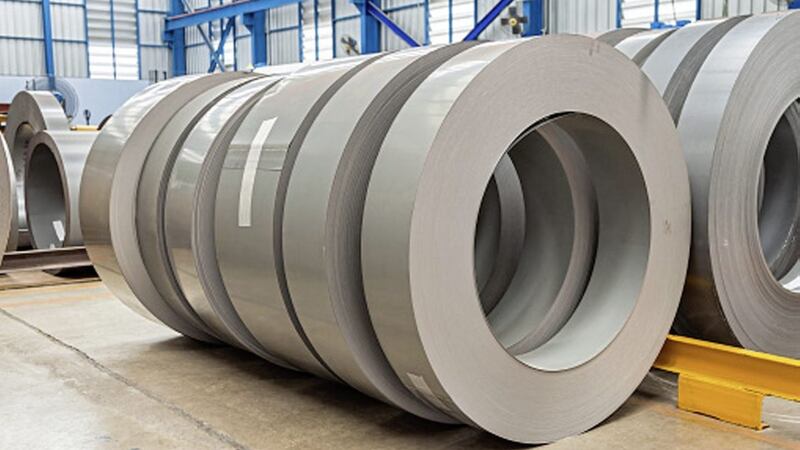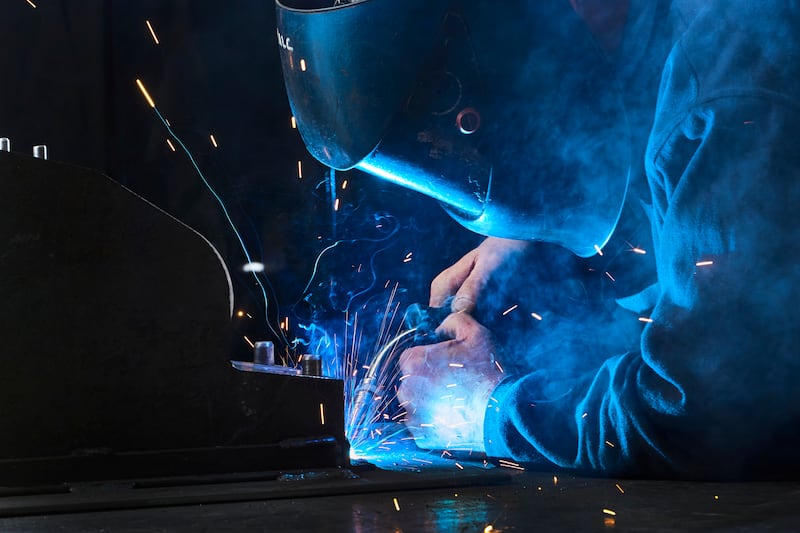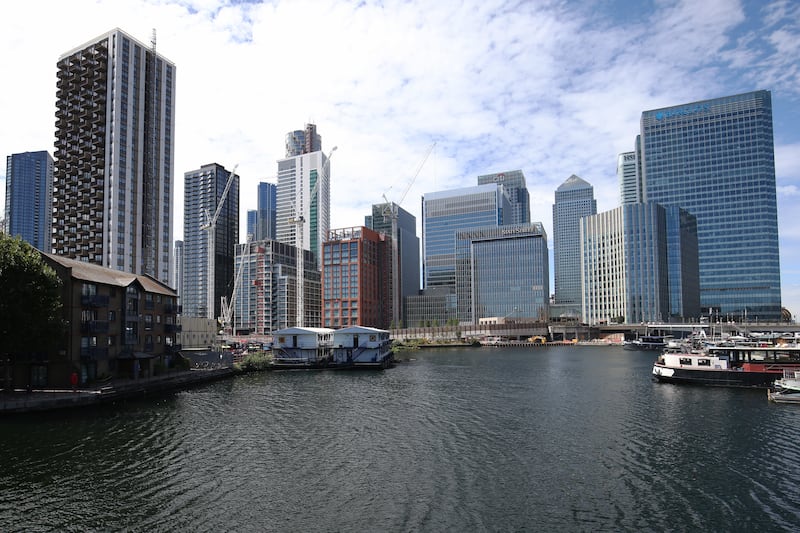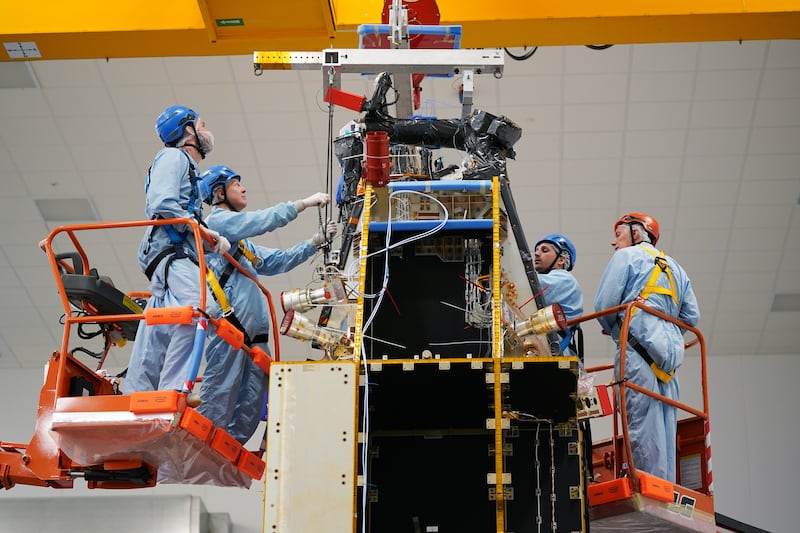MANUFACTURING boosted an otherwise slow finish to 2018 for the north's private sector, according to the latest PMI data.
The December survey, produced for Ulster Bank by IHS Markit revealed solid increases in business activity and employment levels in the private sector, albeit at weaker rates than in November.
According to the PMI surveys Northern Ireland was the second fastest growing region in the UK at the end of the year, but the regions recorded the weakest quarter for growth in over two years.
New orders stagnated in December, ending a 25-month sequence of expansion and as a result backlogs of work decreased for a fifth successive month.
Input costs continued to increase at a sharp pace in December, albeit one that eased fractionally to a 16-month low. Higher staff costs and sterling weakness were reportedly the main factors for the rise. Output prices also rose again
as companies passed on higher input costs to their customers.
Business sentiment was among the lowest since the series began in March 2017, with Brexit uncertainty cited as a key factor.
Looking closer at the figures manufacturing was again the star performer, with output and employment growth accelerating within the sector at the end of the year - the former at the fastest rate in over four years and the latter recording its best performance in three-and-a-half years.
Service sector output decelerated yet again, with the slowest rate of growth recorded for over two years and a first fall in orders reported in 26 months.
Construction and retail also posted declines in activity in the final three months of 2018.
Ulster Bank chief economist, Richard Ramsey said the freeze in new orders in the private sector does not bode well for the start of 2019. He did, however highlight some positives from the latest figures.
"Inflationary pressures eased in December with input costs rising at their weakest pace since August 2017. Indeed, retailers and manufacturing firms are seeing their costs rise at the slowest pace in more than two-and-a-half years. That said, Northern Ireland continues to have the highest rate of input cost inflation in the UK," Mr Ramsey added.







